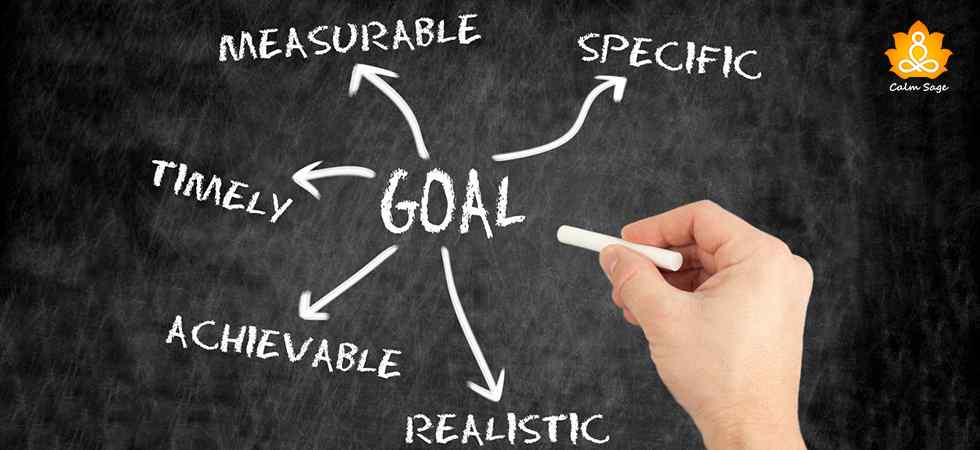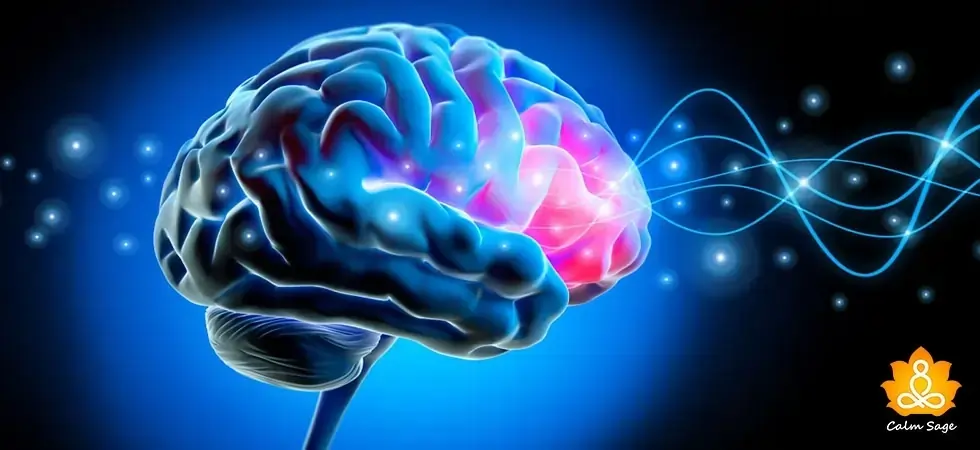Understanding The Goal-Setting Theory: Principles & Benefits

Goal setting has always been considered one of the best ways to improve and grow personally as well as professionally. However, goal-setting is not as easy as it may sound. You need to assess a lot of things like your priorities, desires, academic requirements, etc. before you set any goals.
It has been widely argued that one of the best ways to stay motivated is when you have goals to achieve. The goal-setting theory also talks about how setting goals and motivation are significantly correlated.
One of the most important things about setting goals is the kind of goals you choose. The most effective strategy is to have achievable and flexible goals but sometimes we set complex goals and achieving them becomes a struggle, hence your motivation drops.
Today we are going to understand the goal-setting theory so that we can all set better goals for ourselves and never let the motivation die down. Shall We begin?
What Is The Goal Setting Theory?

The goal-setting theory was introduced by Edwin A. Locke (psychologist). He hailed from America and was one of the pioneers in goal-setting research. Locke’s research talks a lot about the relationship between one’s goals and performance.
During his research, he explored and studied different aspects of goal setting. The findings of his research were then combined and concluded into the form of his Goal-Setting Theory. Locke’s goal-setting theory is also known as the goal-setting theory of motivation.
The goal-setting theory states that when you set challenging yet clear and specific goals, you’re more likely to have high levels of motivation and better performance. However, no matter how easy your goals are if they are vague and unclear, your motivations and performance both are most likely to drop.
Therefore, according to Locke’s goal-setting theory, if you want to achieve your goals, you need to be clear about what you want your goals to be. Your motivation depends on how clear goals you set and when your motivation is high, your performance automatically improves.
Also Read: S.M.A.R.T. Goals The Key To Achieve Your Aim, Manage Time, and More
Exploring Principles Of The Goal-Setting Theory
Now that you know how setting clear goals can have a direct impact on your motivation and performance, it’s important how to set your goals. Setting goals is not rocket science but you still need a strategy and you can plan your strategy around the 5 main principles of Locke’s goal-setting theory.
Let’s have a look at them;
- Clarity: being clear about your goals is one of the most important aspects of goal setting because it reduces the chance of misunderstanding and being directionless.
- Challenge: when you set easy goals, you tend to take them lightly therefore there is no motivation and enthusiasm about achieving them. A challenge always keeps you on your toes and you’re better motivated.
- Commitment: commitment is important in everything you do similarly, commitment is what keeps working towards your goals. If you’re not committed to your goals, your motivation drops and so does your performance. Therefore, achieving your goals takes a back seat.
- Feedback: regular feedback is known to boost your motivation. When you get the feedback you understand your progress better and work smarter in achieving your goals.
- Complexity: you need to understand the level of complexity you need while setting your goals. If your goals are too complex you’re less likely to be motivated for a long time. You need a challenge but setting goals that are not in your range is not a good idea.
Also Read: 10 Long-Term Mental Health And Wellness Goals To Set Anytime
Benefits Of Using Locke’s Goal-Setting Theory

Locke’s goal-setting theory not only talks about how important setting goals is but it always tells us about the most important aspects of setting goals. The theory itself has a practical approach and following the principles can help you set proper goals and achieve more things in life.
Let’s have a look at some more benefits of using Locke’s goal-setting theory;
- Using this goal-setting theory and its principles you tend to increase your level of engagement in achieving your goals
- It helps you increase your performance level and also improve the quality of your performance
- You learn the importance of time and energy, therefore, you’re more likely to adhere to the deadlines you’ve set for yourself
- You can use the goal-setting theory for all types of goals. It can be applied to personal goals, professional goals, community goals, etc.
- You learn to use feedback properly, and you realize how important it is to keep working on yourself and improving
- It helps you increase self-efficacy. Your confidence keeps growing when you make progress and keep achieving your goals
Also Read: Finding The Balance Between Short-Term And Long-Term Goals
That’s All Folks!
I hope you found this blog about goal-setting theory and its principles informative, helpful, and thought-provoking. Do share this blog with your friends and family so that we all can set better goals for ourselves.
Thanks for reading.
Take care and stay safe.




















